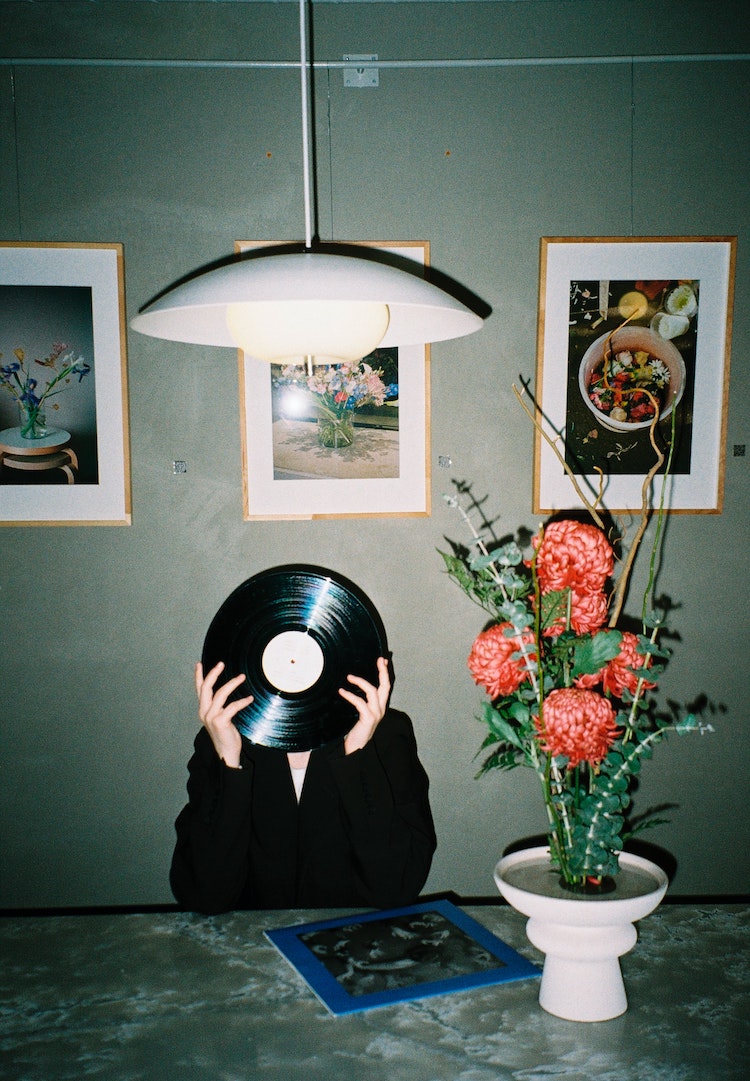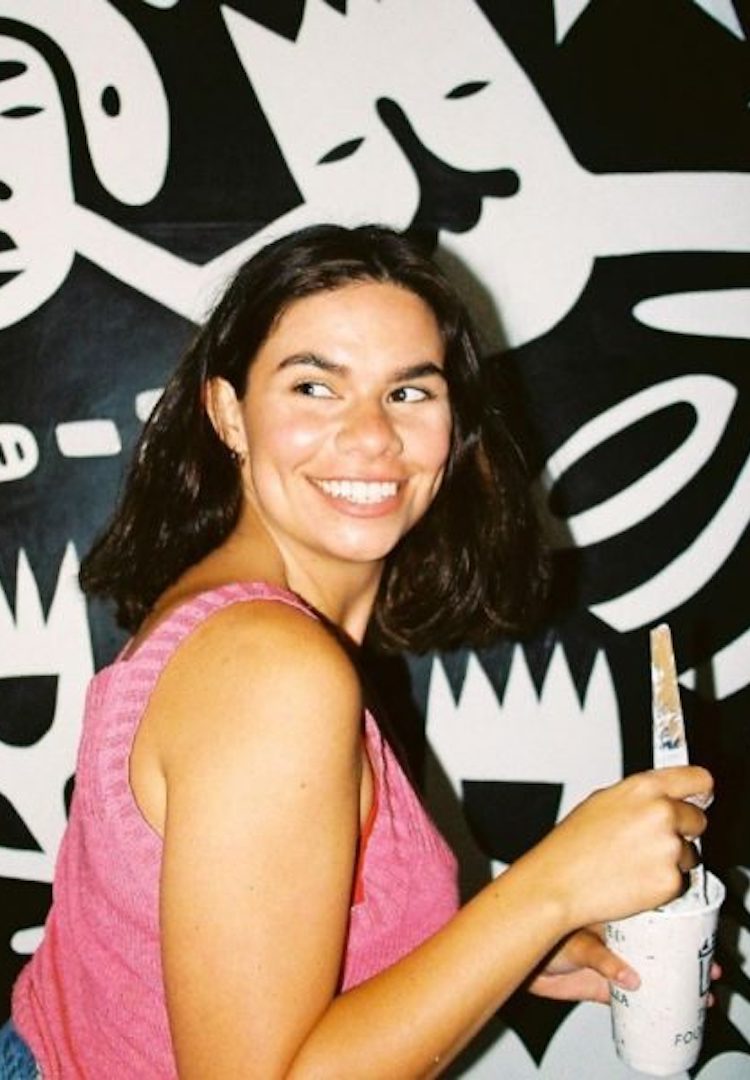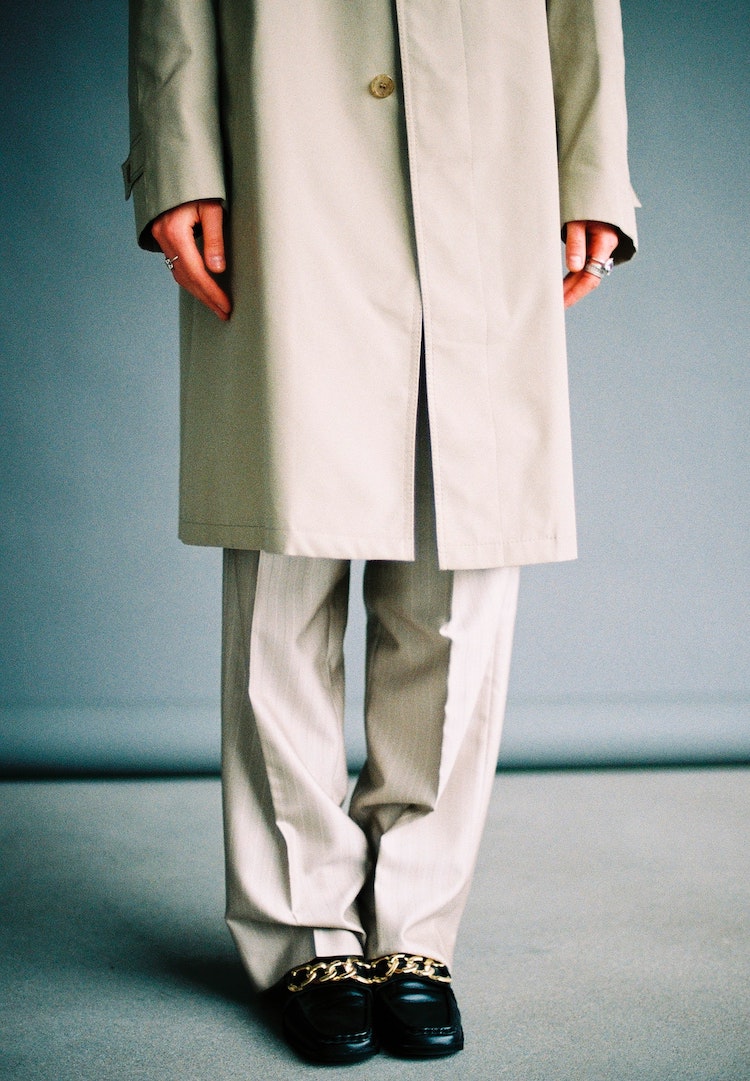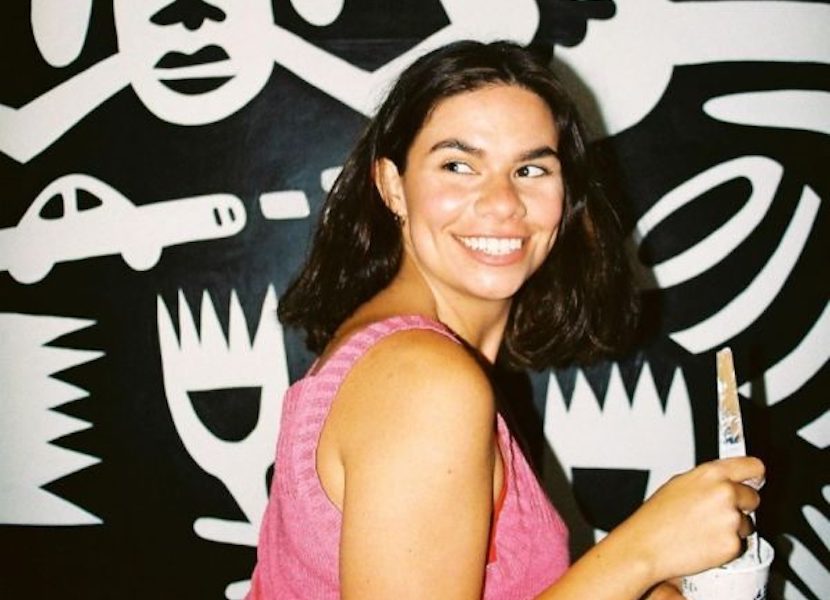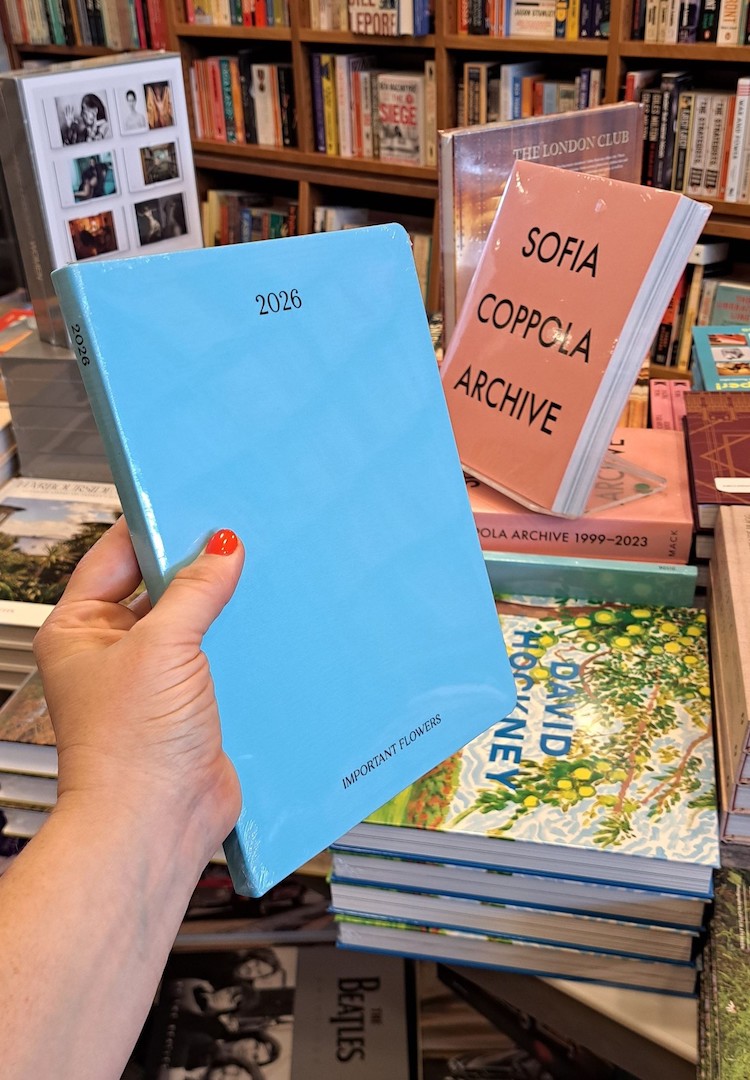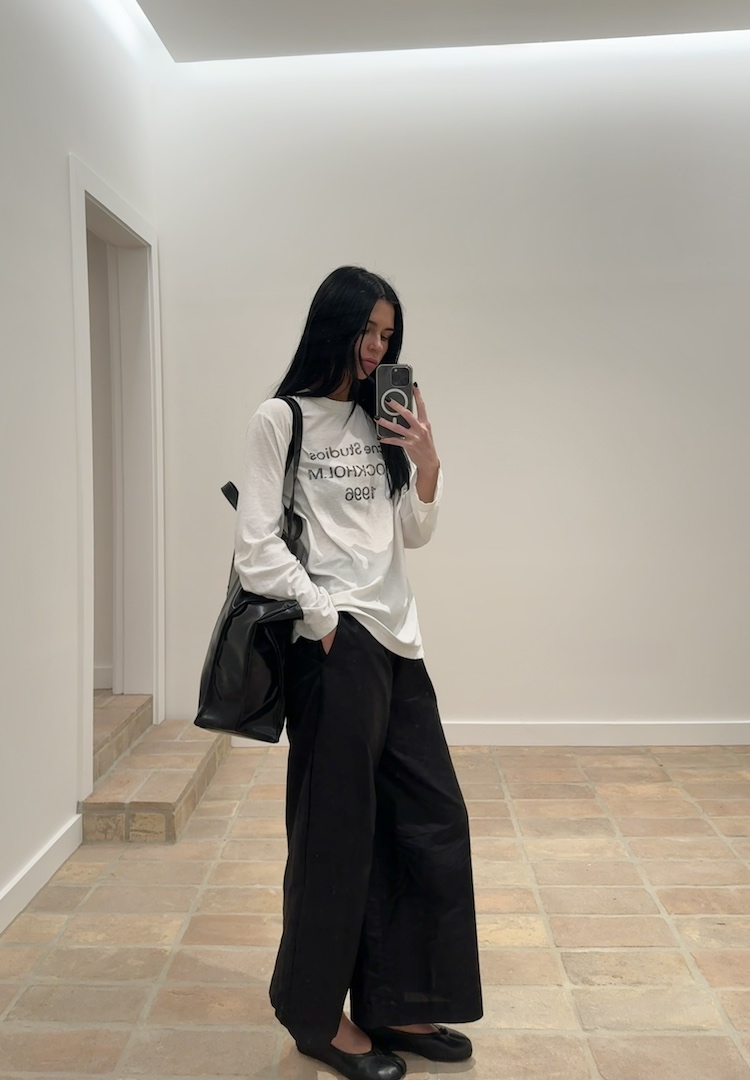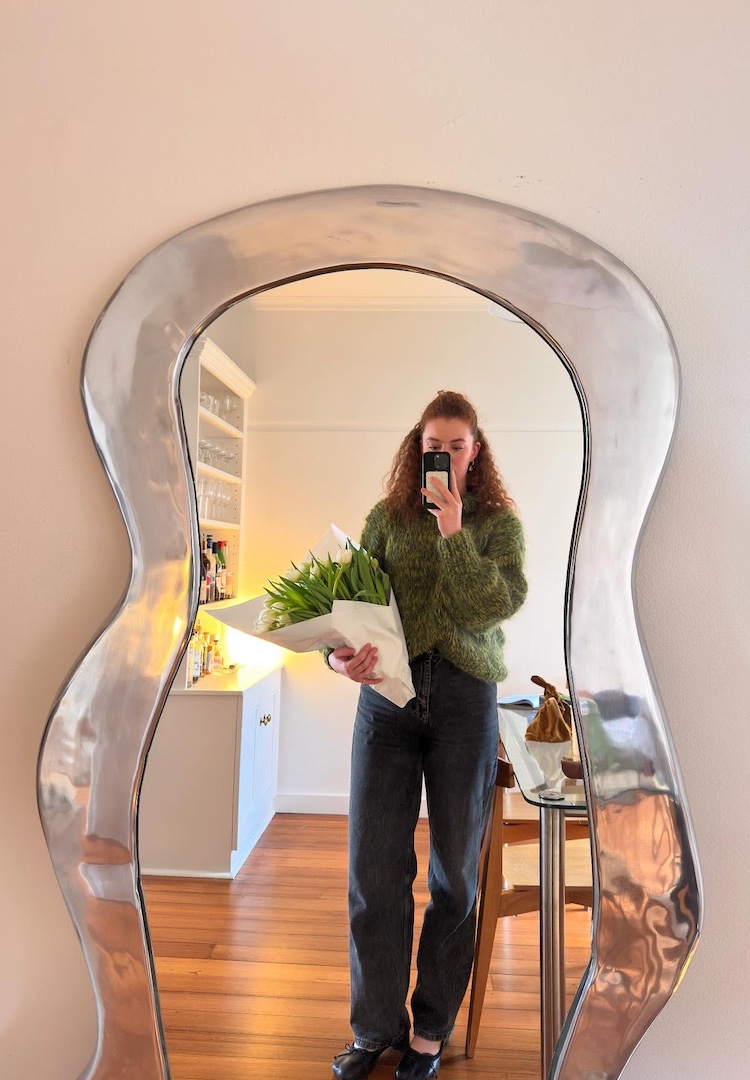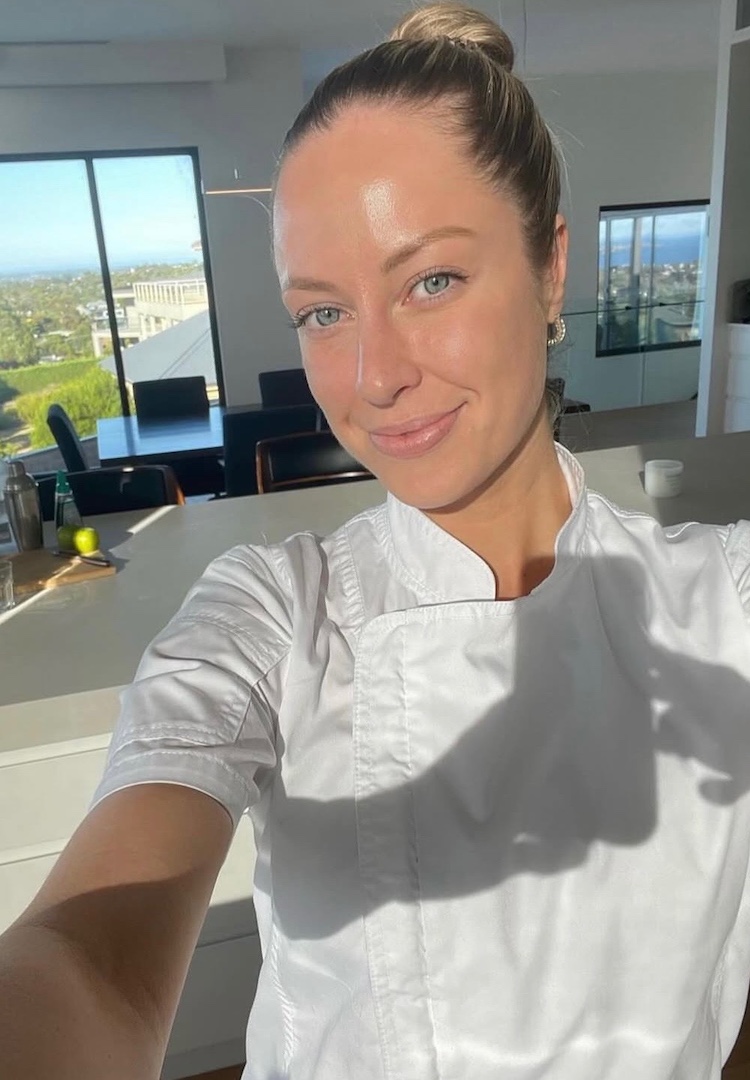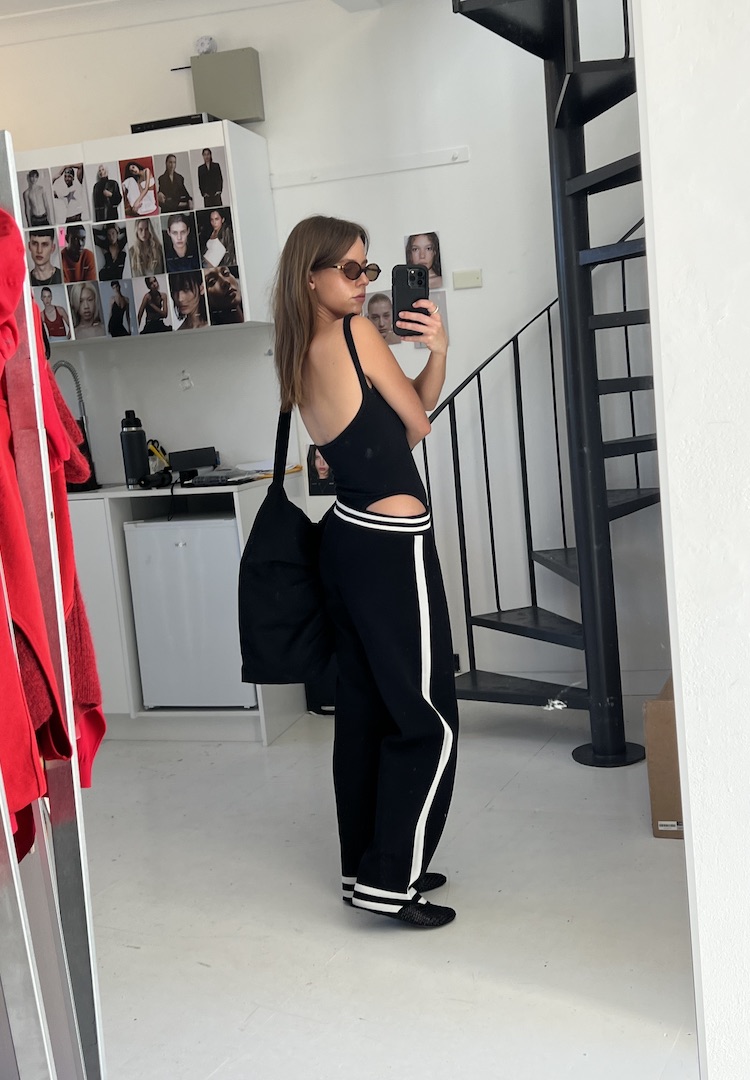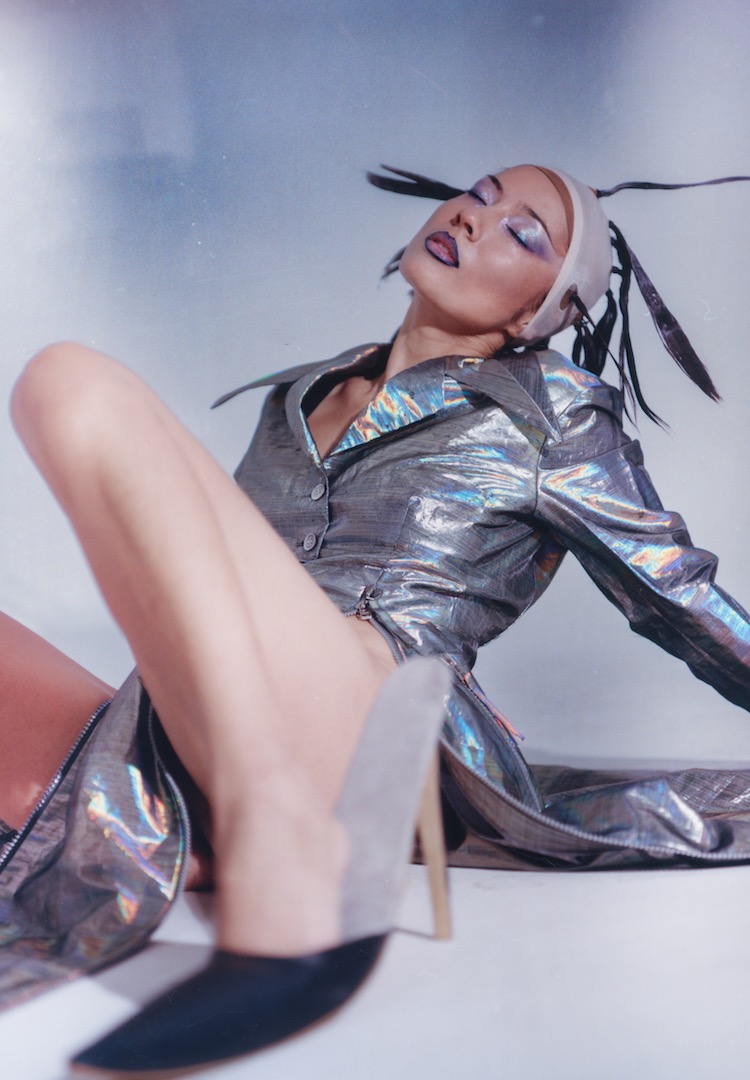How I Got Here: Artist Aretha Brown on developing self-confidence in your creative career
IMAGE VIA @_enterthedragon_/INSTAGRAM
WORDS BY KATIE GASTON
“It’s a real pathway if you’re ready to work hard and be really smart about how you go about it.”
Have you ever stalked someone on LinkedIn and wondered how on earth they managed to land that wildly impressive job? While the internet and social media might have us believe that our ideal job is a mere pipe dream, the individuals who have these jobs were, believe it or not, in the same position once, fantasising over someone else’s seemingly unattainable job.
But behind the awe-inspiring titles and the fancy work events lies a heck of a lot of hard work. So what lessons have been learnt and what skills have proved invaluable in getting them from daydreaming about success to actually being at the top of their industry?
Looking for a new 9 to 5? Head to our Careers page for new listings daily.
Welcome to How I Got Here, where we talk to women who are killing it in their respective fields about how they landed their awe-inspiring jobs, exploring the peaks and pits, the failures and the wins, and most importantly the knowledge, advice and practical tips they’ve gleaned along the way.
This week we speak to Gumbaynggirr woman Aretha Brown, a designer, youth activist and artist whose murals will be featured at this year’s Pitch Music and Arts Festival.
Aretha creates alongside members of her art collective **Kiss My Art, which she founded in 2019 for women and non-binary artists. Her work, shaped by her experience as “a queer, Blak, young person”, is celebrated across Australia and around the globe. Here’s what she learnt along the way.
What do you do and what’s your official job title?
I’m an artist and screenwriter.
Take us back to when you were first starting out. Did you study to get into your chosen field, or did you start out with an internship/entry-level role and climb the ladder? Tell us the story.
Yeah, so I didn’t start painting until year 12 actually, it was pretty late in the game… I convinced myself I wanted to do psychology, but I kept failing all my tests. There just wasn’t that second nature to doing science, even though I really like it. And then I was like, I’ll do painting then, I’ll do art. I’ll just see how that goes. And then it was like I understood a language I’d never learnt before, you know, it just came so naturally…
My mum’s a painter, and my dad’s a musician, so I grew up in a very arty family… I think I really, kind of, rejected this idea of being an artist… but deep down I probably kinda knew I would end up being an artist. I was a bit in denial I think.
View this post on Instagram
… I actually remember I sold a drawing to a curator when I was in art school. It was my first year of art school. I put this drawing up on my story… I put it up not even to sell it, and this guy messaged me. It ended up being a curator for the NGV, which is nuts. And we kind of did this drug deal… he met me at the back of the art school in a laneway and I said “Did you bring the cash?” and he said “Yeah I did” and then I swapped over the painting.
I grew up pretty poor, so 300 bucks… that was good money. Not that it’s my number one motivation but I [realised] I can make a business from this… people want my art. And again, money’s not the motivation at all, but that was the moment [I was] like ‘Shit, this goes from just being a hobby to… this could be a career’.
What challenges/hurdles have you faced getting to where you are now? Can you tell us about one in particular?
As a muralist… I don’t have to work through [or] with a gallery, within a gallery sphere, I guess. And that’s not to discredit curators, some of my best mates are curators and gallerists… it’s not like I have disdain or anything, it’s just by virtue of making public artwork, I didn’t actually have to wait for anyone to say “Oh I like your work, can you come and present at my gallery?”.
So in a weird kind of way, I bypassed that whole system… again, this is going to sound so lucky, but I’ve never really had to sell the idea of my work to anyone… it’s public work, you know, it’s open to anyone… I believe in myself, you know? It’s a bit corny, but it’s true. I kinda don’t need anyone, a curator or someone, to say they like it or not. I just wanted to paint, full stop… and I wasn’t going to let anyone stop me.
View this post on Instagram
If anything, I’ve got fewer hurdles. The biggest hurdle in the most literal sense might just be people graffitiing the work… [but] people really love public work in Melbourne, and I’m really lucky in that way.
What do you want people to know about your industry/your role?
That painting’s actually really hard… it’s still not really perceived as a real job… [people are] like, “You never work a day in your life if you love your job”… that old thing. I love painting more than I love anything, but it’s still really fucking hard, and it’s still a job… just ‘cause you love it, doesn’t mean you can just keep working for free.
There’s just such an expectation of women, as well, to volunteer time… in a way that men have never been asked, especially male artists… and I think that’s maybe why, back in high school, I just didn’t even want to pursue art. Being an artist wasn’t perceived as a real job for me, you know… [but] it’s a real pathway if you’re ready to work hard and be really smart about how you go about it.
What’s the best part about your role?
I get to work with really cool people. I have my own art collective called **Kiss My Art, and it’s about getting young femme people, I say femme – it’s like women and non-binary folk, just anyone that’s not like a straight guy, pretty much – coming and helping me paint all my murals, which is pretty awesome. Again, it’s like another really male thing to make a huge artwork in a public space and be like “Look at what I made” and then ignore the team of like, 15 people that have helped you to do it.
View this post on Instagram
… For me, it was [about] going “No, I make these murals, they’re my designs, but look at all the women that helped me in the background, and they’re amazing artists in their own right”. Most of us are predominantly Indigenous, but not everyone’s Indigenous… it’s mostly young, brown women.
… It’s just fun being able to work with other really young people. I’m still at that age where I feel a little bit like a kid sometimes in these spaces… I actually just prefer hanging out, [and] working with other young people. ’Cause I still feel like I’m not quite there yet to, like, talk to adults and hang out in that capacity.
What would surprise people about your role?
Probably how physical painting is, it’s… a very physically demanding job. That’s the other thing, being an artist… no one thinks about physio for artists… or the way your body works when you’re making large-scale paintings or artworks. I’ve got so many mates that have started painting with one hand, and eventually, that hand becomes done… it’s actually a very physically demanding job, believe it or not.
What skills have served you well in your industry?
View this post on Instagram
I mean, you’ve gotta learn all the business side of art-making. I seriously recommend all young women to even do a small business course… [or] listen to a podcast. You’ve gotta just be business savvy, you know? Because you are your own brand.
… In art school… it was really discouraged I reckon, for me to talk about money or to talk about how much I would make from an artwork… it [was] just a big no-no. If you bring up money, it’s seen as uncultured or it’s seen as like “Oh my god, what a sell-out”. But you’ve gotta pay the bills, and these are all coming from teachers that own their own houses.
… You know, you could… be Andy bloody Warhol, but unless you have business skills to sell your stuff and… sustain yourself long-term as an artist, in whatever capacity that is, it means nothing. Like, you gotta… maybe [think about] getting a manager, maybe getting an art assistant, whatever you need to do. You are your brand, and… if you make beautiful sculptures… you want the world to see them. That’s the end goal, right?
What advice would you give to someone who wants to be in a role like yours one day?
View this post on Instagram
You’ve just gotta not care what people think. Like if you work in a public space, your works are up for grabs for anyone, you know. I’ll start a mural and [for] the first day or two, it always looks so bad, it’s just cause I’m working out perspectives and faces and everything just a little bit off… and you’re like ‘Oh god, this is like the worst, cringest work I’ve ever seen and now everyone can see it on the street, this is awesome’.
… You’ve got to trust the process and eventually it will be good… I design clothes as well, [it’s about] designing clothes I would want to wear, or making paintings that I would, myself, want to see in a public space. And it sounds obvious but people really forget it, so just [make] work that you want in the world.
What about a practical tip?
Knowing basic Photoshop is a good one. Just so you can make your own posters and… test out artwork. I’d recommend buying a drawing pad. I was so in denial about it for so long… but then I got one and it made my life so much easier… if I’m on a plane or if I’m travelling, I can just like do little sketches.
View this post on Instagram
Maybe my other practical advice is to throw out nothing. I’ve got my sketchbooks [from when] I was five or six… documentation is so important… now every time I do a work, I’ve got a whole list of photographers that I go back to, or stylists that I go back to, or art assistants that I go back to. That’s how you build your little creative community.
You can see Aretha Brown’s art at this year’s Pitch Music and Arts Festival.

